Immigration, International Students and Brexit
The government have commissioned a series of assessments and reviews of the impact of immigration policy and Brexit via the Migration Advisory Committee:
- Call for evidence and briefing note: EEA-workers in the UK labour market – we will be responding on the HE questions via UCEA and UUK and we are considering a regional response, please let Sarah or I know if you have evidence that would be relevant to this – it is looking at EEA migration trends, recruitment practices and economic and social impacts.
- a detailed assessment of the social and economic impact of international students in the UK. We would expect a call for evidence for this to follow. Looking at both EU and non-EU students, the MAC will be asked to consider:
- the impact of tuition fees and other spending by international students on the national, regional, and local economy and on the education sector
- the role students play in contributing to local economic growth
- the impact their recruitment has on the provision and quality of education provided to domestic students.
The Commissioning Letter from Amber Rudd says: “The Digital Economy Act provides a unique opportunity to improve understanding of the migration data and as part of this work the Home Office will be working with the ONS and other Government departments to improve the use of administrative data. This will lead to a greater understanding of how many migrants are in the UK, how long they stay for, and what they are currently doing. The ONS will be publishing an article in September setting out this fuller work plan and the timetable for moving towards this landscape for administrative data usage”
As well as the post-Brexit future of students, the letter also makes reference to the Tier 4 visa pilot which was launched last year and included a handful of universities. Amber Rudd says “the pilot is being carefully evaluated and, if successful, could be rolled out more widely”.
The pilot covered masters courses at 4 universities:
- Masters course for 13 months or less at the University of Oxford, University of Cambridge, University of Bath or Imperial College London.
- Participating in the pilot allowed students to:
- stay for six months after the end of the course;
- submit fewer evidential documents with their applications – e.g. previous qualifications and documents relating to maintenance requirements
A deluge of other data and reports gave also been published:
- The Home Office has published its second report on statistics being collected under the exit checks programme – Exit checks data.
- For the 1.34m visas granted to non-EEA nationals and which expired in 2016/17, where individuals did not obtain a further extension to stay longer in the UK, 96.3% departed in time (that is before their visa expired)
- A National Statistics update has been published which gives a breakdown of all the data
- Additional analysis by Office for National Statistics (ONS) on international students, has been published
- The Centre for Population Change has published the findings of a survey it carried out in March 2017 in partnership with the ONS and UUK. The survey looked at the intentions of graduating overseas students and found:
- The majority of students do not intend to stay in the UK for more than a year after finishing their studies (and those that stated they intended to stay were not certain of their post-study plans, particularly non-EU students).
- Fewer than one in ten international students plan to stay in the UK indefinitely and find a job.
According to UUK:
- Exit checks data shows that student overstaying is at worst 3% and much of the 3% of undetermined outcomes may be due to individuals leaving via routes where there are no exit checks currently (such as via the Common Travel Area). This means student visa compliance is at least 97%, far higher than previous (incorrect) claims.
- The Home Office exit checks data provides a more accurate picture (than the International Passenger Survey – IPS) of what non-EU students do after their initial period of leave to study
- The ONS report suggest that the IPS is likely to underestimate student emigration – therefore any implied student net migration figure is likely to be an overestimate
- The ONS also commits to working with colleagues across the government statistics service to utilise all available administrative systems to further improve migration statistics. They have also asked for UUK’s input to this work.
Widening Participation
A survey of access agreements has been published this week by the Office for Fair Access. In their press release OFFA note that every university has committed to working with schools to help increase access to HE. The report also notes that universities will focus on improved evaluation of the impact of financial support and an evidence based approach more generally, a specific focus on White working class males and BME attainment, and more support for mental health issues. The amount universities spend on widening access will rise.
Responding to the survey, UUK Chief Executive, Alistair Jarvis, said: “The enhancements in support provided by universities has helped to increase the entry rate for disadvantaged young people to record levels. All UK universities work hard to widen participation and support disadvantaged students throughout their time at university. It is right to expect a continued focus on support for disadvantaged students to make further progress in closing the gap between different student groups.”
Industrial Strategy
The formal outcome of the Industrial Strategy consultation is still pending. However, there has been a reasonable amount of activity in the meantime and we thought it might be helpful to do a round up.
- The HoC Business, Energy and Industrial Strategy Committee published its first review in February 2017
- The HoC Science and Technology committee published a report into science and STEM skills linked to the Industrial Strategy in March 2017
Clusters – The Arts and Humanities Research Council (AHRC) have set up a Creative Industries Clusters Programme, starting in 2018, to facilitate collaboration between the industry and universities. The pre-call announcement sets out the plan for at least 8 research and development partnerships, each led by an HEI, and a Policy and Evidence Centre. Calls will apparently open in October 2018.
Sector deals – As part of the Industrial strategy green paper, the government announced that there were 5 sector reviews taking place and suggested that they would welcome more.
- Sir John Bell: on life sciences – according to the Telegraph, this review will report later this summer – there is also an inquiry by the Lords Science and Technology Committee that closes on 15th September
- Richard Parry-Jones: on the transition to ultra low emission vehicles – read more here (see the funding for battery research below)
- Juergen Maier: on industrial digitalisation – interim report published in July 2017
- Lord Hutton: on improving UK competitiveness and skills in the nuclear industry
- Sir Peter Bazalgette: on the creative industries
Other organisations are setting up consultations and other reviews to respond to the Industrial Strategy, such as:
- Tourism Sector Deal consultation being run by VisitBritain – the survey closed on 7th
- Robotics Sector Deal consultation run by Innovate UK and on 6th September a Robotics Sector Deal Consultation Workshop will be held in London
- The Ceramics Industry – by the British Ceramics Confederation
- Construction Industry – by the Construction Leadership council
The interim findings of the industrial digitalisation review are interesting – they are working on a final report for the autumn of 2017:
- It highlights a need for more leadership – with “much stronger marketing and messaging” and proposed the establishment of a Digital Technology Institute and Digital Technology Networks
- It discusses issues with adoption rates for technology, particularly among SMEs and suggests better support for businesses via LEPs and other organisations, work on skills through interventions such as an Institute of Digital Engineering
- Innovation – the interim review suggests looking at additive manufacturing and AI – and creating new industries in autonomous operations, but also providing kite marked content for businesses.
Industrial Strategy Challenge Fund – Innovate UK are running the Industrial strategy Challenge Fund – in April 2017 they identified 6 “core industrial challenges”:
- Driverless vehicles – 2 competitions run by the Centre for Connected and Autonomous Vehicles were announced in July 2017 for New connected and autonomous vehicle technologies
- Manufacturing and materials of the future – £15million awarded in June 2017 for a range of projects
- Satellites and space technology – no large projects announced yet
- Robotics and artificial intelligence – a competition was launched in June 2017 for robotics in extreme and hazardous environments
- Clean and flexible energy –
- The Faraday Challenge competitions were announced in July 2017 offering funding for projects on:
- Battery innovation for the electrification of vehicles
- National battery manufacturing development facility
- EPSRC research call for research into batteries
- You can read more on the Innovate UK blog.
- The Faraday Challenge competitions were announced in July 2017 offering funding for projects on:
- Healthcare and medicines
- A digital health competition was announced in July 2017 for feasibility or development projects that advance digital health or digitally-enabled medical technologies. You can read more on the Innovate UK blog
- It is also worth looking at the smaller projects funded by Innovate UK under this theme
Interesting reading
- House of Lords Library briefing on Digital Skills in the UK – published ahead of a debate on 7th September 2017
- On-line information and Fake News – POST report July 2017
JANE FORSTER | SARAH CARTER
Policy Advisor Policy & Public Affairs Officer
65111 65070
Follow: @PolicyBU on Twitter | policy@bournemouth.ac.uk


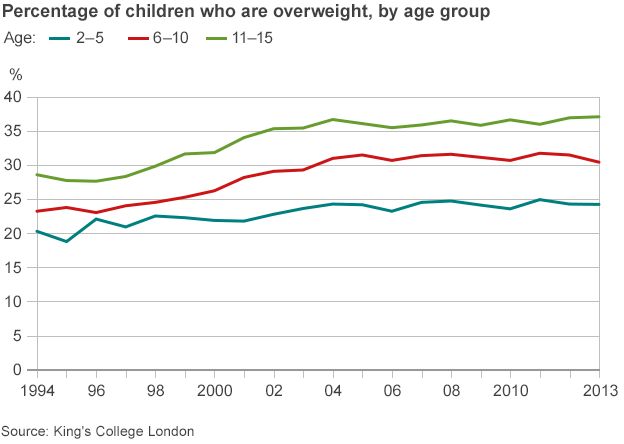


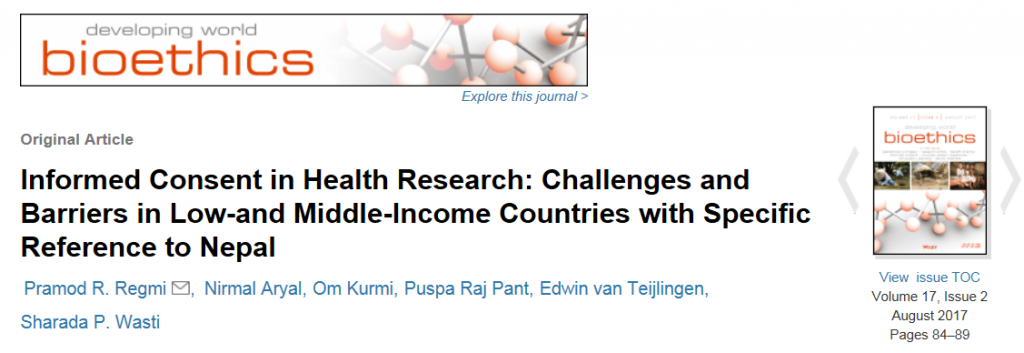


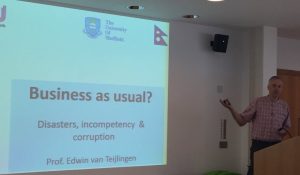


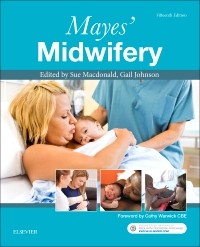
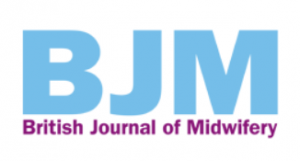
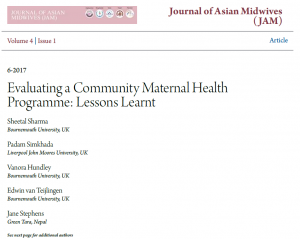



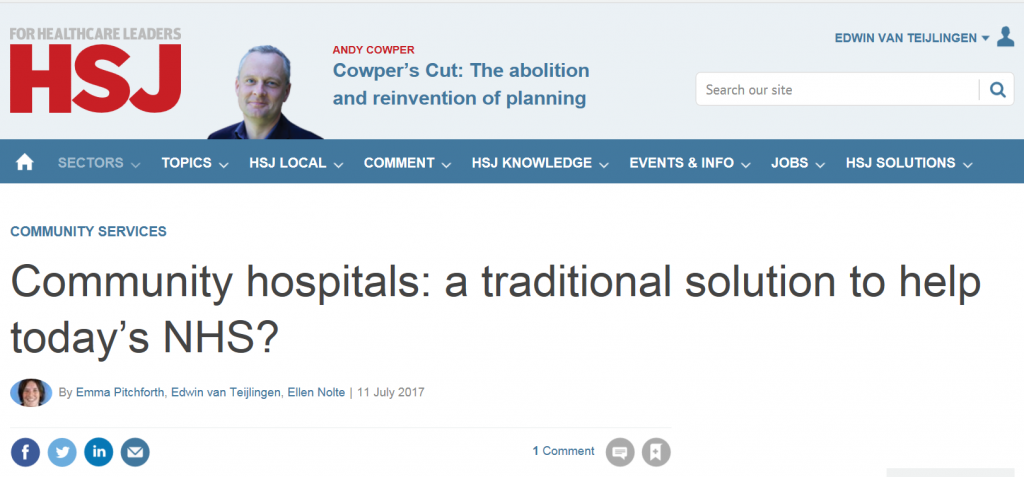
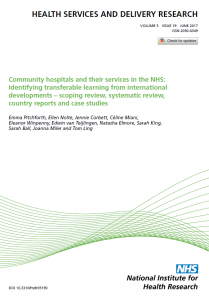
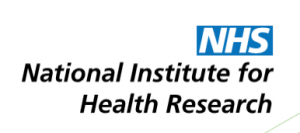
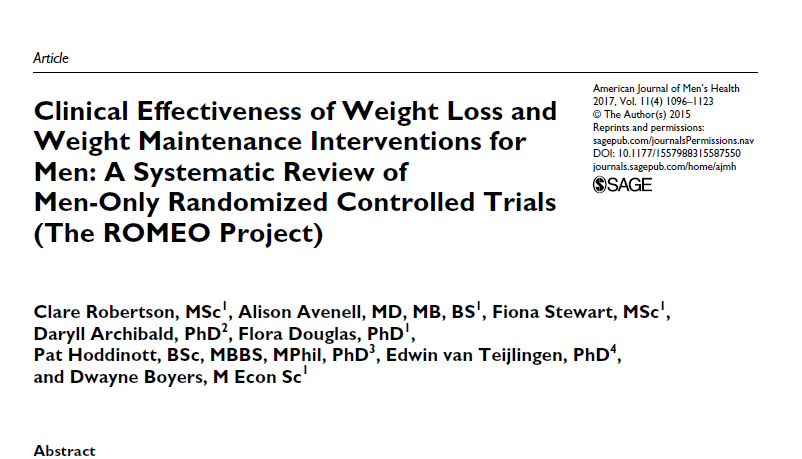
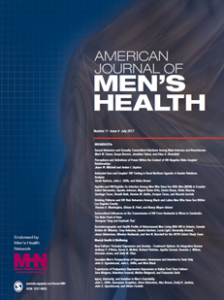
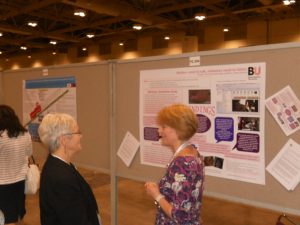
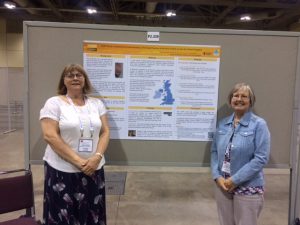
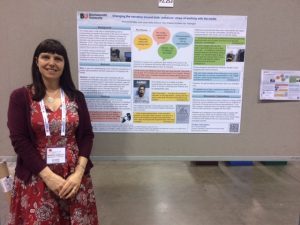

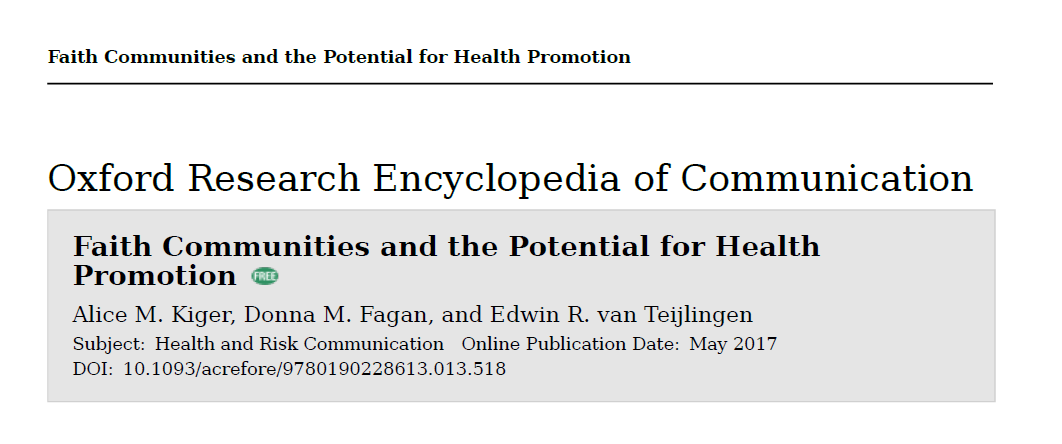

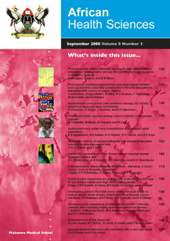
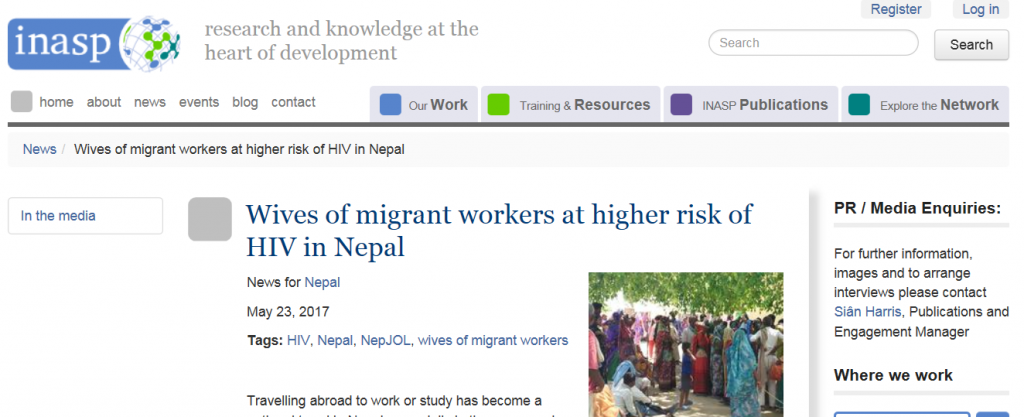
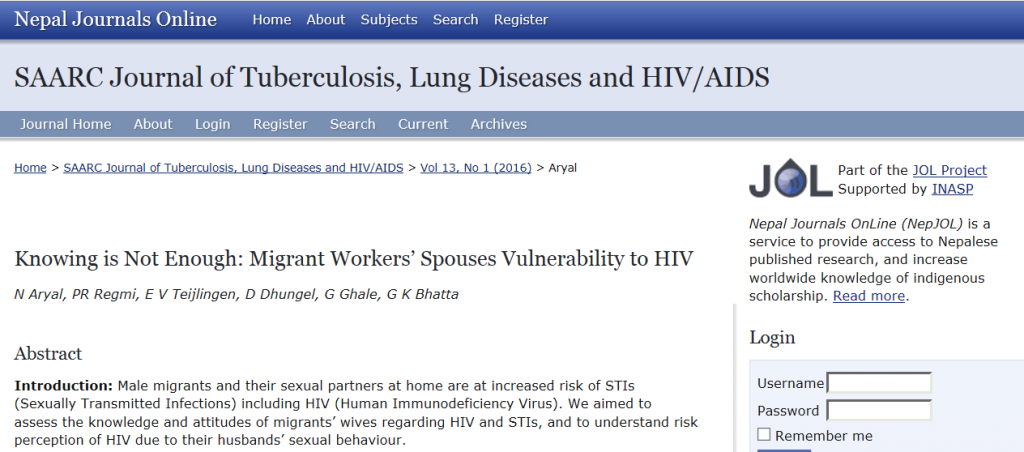












 April’s Café Scientifique – Should we help machines understand and respond to our emotions?
April’s Café Scientifique – Should we help machines understand and respond to our emotions? Postgraduate Research Experience Survey (PRES) 2024 – 2 WEEKS LEFT
Postgraduate Research Experience Survey (PRES) 2024 – 2 WEEKS LEFT Working with The Conversation: online training session – Wednesday 8th May
Working with The Conversation: online training session – Wednesday 8th May Apply for up to £1,000 to deliver an event and take part in a national festival of public engagement with research
Apply for up to £1,000 to deliver an event and take part in a national festival of public engagement with research MSCA Postdoctoral Fellowships 2024
MSCA Postdoctoral Fellowships 2024 Horizon Europe News – December 2023
Horizon Europe News – December 2023